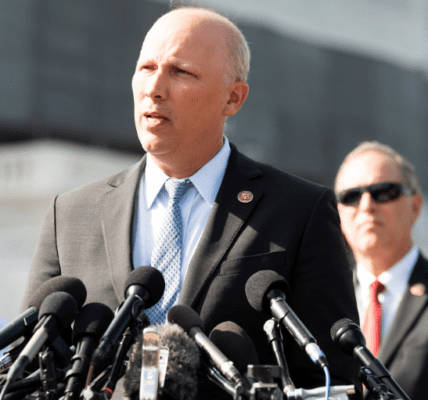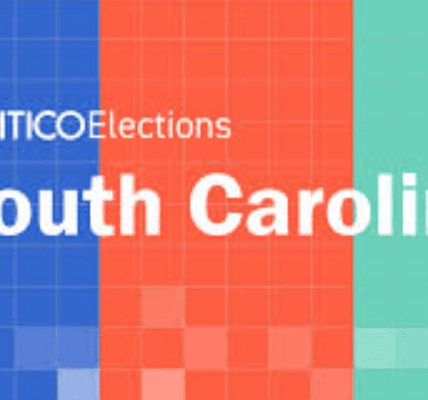Debate Ensues as New Districts Aim to Address Voting Rights Act Concerns
In a contentious turn of events, a federally appointed judge, following a mandate from former President Barack Obama, directed the redrawing of districts in Georgia. The judge’s argument, rooted in the violation of the Voting Rights Act, asserts that the Republican-majority legislature has systematically undermined certain districts’ voting power since 2001. The mandate aims to establish new maps, fostering majority black districts with elected black leaders, ostensibly to address historical disenfranchisement. However, a Georgia woman, Cassaundra Burks, challenges this initiative, labeling it as a form of racism and a divisive approach to representation.
Background: Voting Rights Act and Redistricting
The directive for redrawing districts emanates from concerns about the Voting Rights Act, a federal law designed to prevent discriminatory practices that impede voting rights, particularly for minority communities. The argument posits that the Republican-controlled legislature has, over the years, employed strategies that dilute the voting strength of specific districts. The proposed remedy involves creating new maps that amplify the voices of majority black districts, ensuring elected leaders are representative of the communities they serve.
Cassaundra Burks: A Dissenting Voice
Cassaundra Burks, a civil rights activist, emerged as a vocal critic of the newly mandated districts. In an interview with Streamline News, she expressed her discontent, asserting that the proposed maps were steeped in racism. Burks contended that the emphasis on creating districts based on race oversimplified the complex tapestry of voters’ beliefs and preferences. “Just because I am a black woman doesn’t mean I want to vote Democrat, and if I don’t want to, I shouldn’t be forced to,” she passionately stated.
In her view, the focus on racial categorization in districting perpetuates division along racial and religious lines, undermining the broader goal of a truly inclusive and representative democracy. Burks argued that genuine representation should transcend racial categories, allowing individuals to vote based on shared values and beliefs rather than predetermined racial affiliations.
This shouldn’t be the end all objective here,” she emphasized, challenging the assumption that race should be the sole determinant of political representation.
Community Response and Gerrymandering Concerns
Burks is not alone in her dissent. Other members of the Georgia community joined in protesting and expressing concerns over the redistricting decision. The term “gerrymandering” was evoked, suggesting that the new district maps might be strategically designed to favor one political party over another.
“This is textbook gerrymandering,” Burks concluded, aligning her stance with critics who argue that the redrawing of districts may not solely be driven by a commitment to rectify historical injustices but could also serve political interests.
Outcome and the Road Ahead
Despite the vocal opposition, the new maps were signed into effect in December and will come into full force during the upcoming term in 2024. The implementation of these maps raises questions about the balance between addressing historical disenfranchisement and the potential for unintended consequences, including further polarization and challenges to the principle of fair and representative democracy.
Read More News:
- Mayors of Chicago and Denver Criticize Texas Governor for Uncoordinated Migrant Transports
- New Tennessee Laws for 2024 Bring Innovations in Vehicle Safety
- Vermont’s New Financial Lifeline: Understanding the Property Tax Credit
As Georgia navigates this complex terrain of redistricting, the dissenting voices, led by activists like Cassaundra Burks, highlight the importance of fostering conversations about the nuances of representation, voter choice, and the enduring pursuit of a political system that genuinely reflects the diverse perspectives within the state. The outcome of this endeavor will likely shape the discourse around voting rights, gerrymandering, and the pursuit of a more equitable democratic process.




